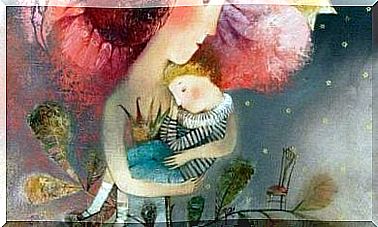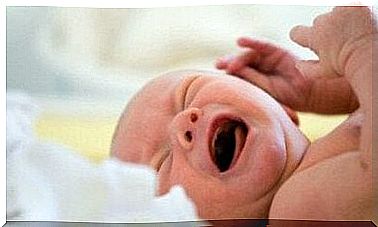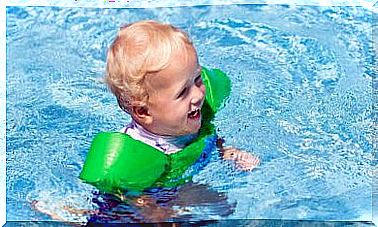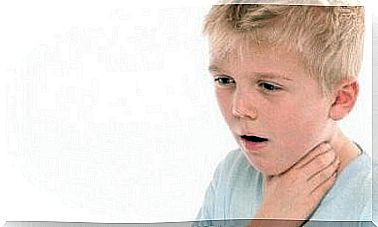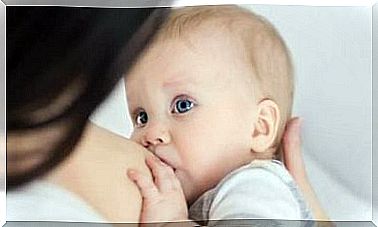What You Can Do If Your Baby Drools Too Much
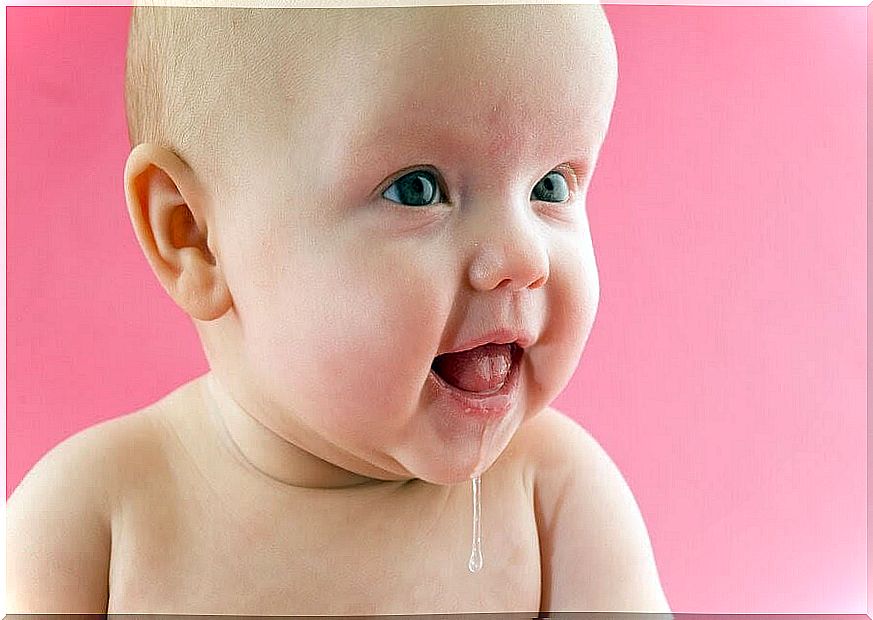
My baby drools a lot… What can I do? This is a common question among first-time parents. Inexperienced mothers and fathers may begin to worry when their children drool more than they think is normal.
It is perfectly normal for babies to have an excess of saliva and drool. This is because they have not yet learned to swallow their saliva. While newborns do not produce much saliva, after 2 months they start to produce significantly more.
At that age, children begin to suck and chew on everything, and saliva production increases without the child even realizing it. That’s why the child is drooling, of course.
Everything has to do with the child’s ability to swallow. This system is immature and not yet developed. When children drool, they use the muscles in their mouths to suck and swallow. However, saliva production is automatic and builds up in the baby’s mouth until it overflows.
A bib is good if your baby drools a lot. They help keep the baby’s breasts dry and help them stay warm. Also pay attention and make sure to keep the area around the baby’s mouth dry to avoid possible irritation.
My baby drools a lot… When should I start worrying?
When a baby has a cold, it is normal to have extra drool. If you notice this, even though your baby is not ill, you should contact your pediatrician.
If a baby has a cold that lasts a long time, it can mean that there is a problem in the nervous system, which means that he can not swallow properly.
If your little one has difficulty eating and drools a lot, it can mean that it hurts when he or she swallows. The cause is usually a viral infection that causes pain or sores in the mouth.
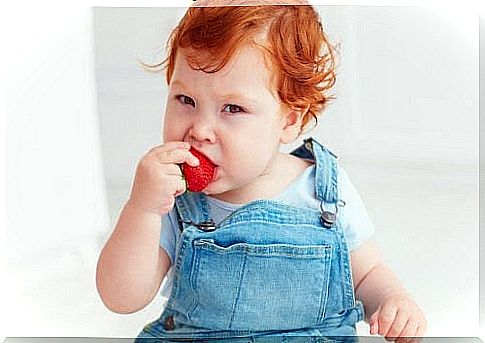
If your child drools a lot, he or she runs the risk of getting a sore throat often or being constantly nauseous. It can also lead to your child having difficulty breathing. In these situations, it is important that you are calm and take your child to the pediatrician to rule out diseases.
Finally, it is also important to remember that infants have an immature swallowing reflex and it can take a longer time to grow from.
Is teething the reason my baby drools so much?
Obviously, one of the main reasons why children drool a lot is because their teeth are coming out. It may take some time for the teeth to start appearing, but they start to grow and move in the gums at about 2 months of age.
Saliva contains enzymes that help fight certain infections. Therefore, saliva production increases as soon as your little one’s first tooth becomes visible. When that happens, your child will probably want to bite on a bite ring. They are useful toys that relieve pain in sore gums – but they also trigger saliva production.
In addition, one of the first things that toddlers discover is their hands. And when they do, they start putting them in their mouths. By playing with their hands, infants stimulate saliva production and begin to drool.
This habit is beneficial for when children start eating solid foods. For example, they take their food and put it in their mouths as a way to explore it. Little by little, they learn to eat solid food on their own.
Of course, it stimulates saliva production when children start chewing on their fingers and playing with their tongues. Saliva plays an important role in softening the food and making it possible to swallow it.
Infants have a tendency to bite with the teeth on their gums where the teeth enter. The area may then swell up and turn red. Drooling is quite important – not to mention abundant – right then, as it keeps the area soft, clean and prevents infection.
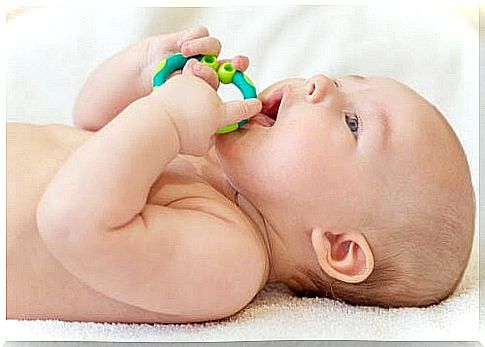
Dregel and eating
The new flavors that children experience when they start eating solid foods stimulate their taste buds. It also makes them drool more than normal. The role of saliva in this case is to lubricate and help the food the baby gets to get to the stomach.
Pay special attention to your child’s drooling if it lasts longer than you think is normal. In general, children drool until they are about 18 months old, although this can vary. It all depends on your child’s individual development, how he or she handles solid food and tooth decay.
With that said, there is no need to worry. Always have a bib or washcloth on hand, as well as a pacifier or bite toy to help your baby through it. Try to stay calm and enjoy this phase. Remember, every moment in your child’s life, whether good or bad, is unique!
